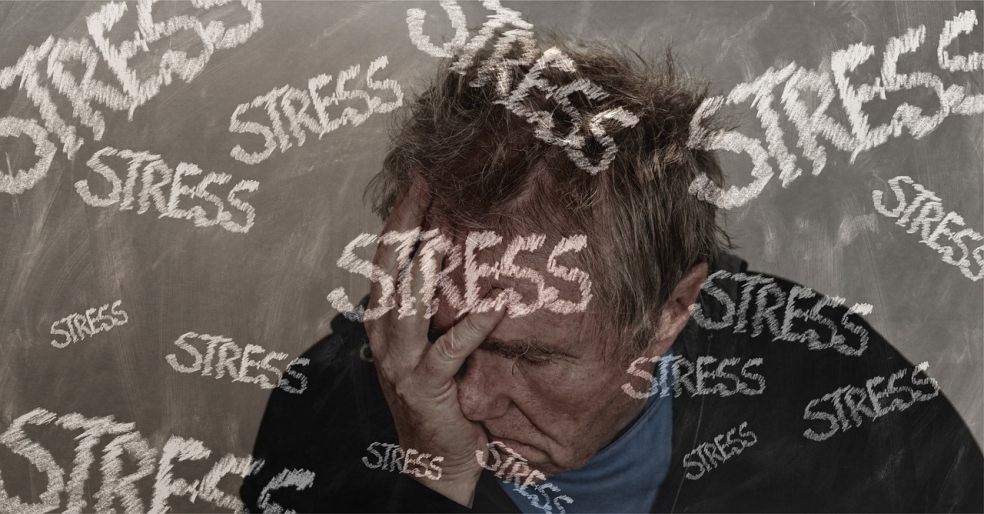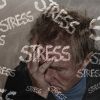
The Link Between Stress and Hair Loss: What You Need to Know
Hair loss is a prevalent issue that can impact individuals of all types, but were you aware that stress could contribute to this problem? Although stress is commonly linked to matters related to mental and physical well-being, its effects on the health of our hair are often ignored.
Stress may be a significant contributor if you have observed a rise in hair loss or thinning. The positive update is that you can stop more hair loss from occurring through effective stress management.
This article will explore how stress is connected to hair loss and offer practical methods for handling them.
How Stress Affects Your Hair Growth Cycle?
Stress has the potential to interrupt the regular hair growth process, which comprises anagen (growth), catagen (transition), and telogen (resting) stages. Experiencing high-stress levels, whether emotional, mental, or physical, can cause your hair to enter the telogen phase earlier than usual, resulting in telogen effluvium. Hair loss like this is commonly caused by stressful situations like:
- Sickness
- Significant life events
- Trauma.
The positive aspect is that telogen effluvium is usually short-lived, and hair can grow back once stress levels lower.
According to Click2Pharmacy, more than 15.4 million people in the UK experience hair loss due to factors such as genetic baldness, alopecia, or chemotherapy. Stress management is crucial, as it can exacerbate or even trigger these conditions. This high prevalence of stress-induced hair loss helps individuals feel understood and less alone in their struggles.
The Connection Between Mental Health and Hair Loss
The health of your hair is closely connected to your mental health. Anxiety and depression can cause hormonal imbalances, like elevated cortisol levels, which can potentially result in hair loss. In addition, high-stress levels can result in ignoring healthy routines that help promote hair growth, like eating well and getting enough sleep. Typical behaviours caused by stress, such as skipping meals or not getting adequate sleep, deny your hair the necessary nutrients for its health.
According to Forthwith Life, over 1 in 7 UK adults report that their mental health is presently adverse or at its worst. Deteriorating mental fitness worsens hair loss, creating a vicious cycle each emotional and bodily well-being goes through. Acknowledging this relationship is essential. Putting your mental well-being first can improve your hair's health and stop stress-induced hair loss. To combat stress-related hair loss, implement effective hair loss prevention tips such as incorporating stress-reduction techniques, adjusting your hair care routine, ensuring a balanced diet, and prioritising sufficient sleep.
Practical Tips for Managing Stress-Related Hair Loss
To combat stress-related hair loss, implement effective hair loss prevention tips such as incorporating stress-reduction techniques, adjusting your hair care routine, ensuring a balanced diet, and prioritising sufficient sleep.
-
Integrate Stress-Reduction Techniques into Your Daily Life
Incorporate mindfulness, meditation, and yoga into your daily routine to lower your pressure ranges. A physical hobby is also a verified way to reduce cortisol and raise endorphins, enabling more efficient stress management.
-
Revise Your Hair Care Routine
Be gentle along with your hair during annoying instances. Avoid excessive styling, heat treatments, and tight hairstyles that could harm hair follicles. Opt for nourishing hair remedies like deep-conditioning masks to bolster your hair.
-
Maintain a Balanced Diet
Nutritional deficiencies, particularly in iron, zinc, and nutrients D and B12, can worsen hair loss. Ensure your weight loss program includes the following:
- Protein
- Leafy greens
- Nuts
- Seeds
Staying nicely hydrated is also crucial for retaining hair fitness.
-
Prioritise Your Sleep Habits
Stress often disrupts sleep, which could result in additional hair loss. Establish a relaxing bedtime, reduce screen time earlier than the mattress, and goal 7-8 hours of sleep every night. A good sleep allows your body to get over day-by-day stress and helps hair increase. You can effectively handle stress and promote the health of your hair by making these lifestyle changes.
Long-Term Solutions for Stress-Related Hair Loss
While decreasing strain is critical to stopping stress-induced hair loss, a few humans may want specialised treatments for long-term outcomes. If your hair loss is more severe, your physician may recommend minoxidil or finasteride. Dietary supplements like biotin or collagen can help repair broken hair.
Maintaining a balanced way of life with regular exercising, a nutrient-rich weight-reduction plan, and self-care routines is vital for long-term hair health. Stress-related hair loss is regularly reversible, and you can regain control over your hair with the proper strategies.
Conclusion
Stress can significantly affect your health, including the condition of your hair. Identifying symptoms of stress-induced hair loss and practising effective stress relief methods can improve your emotional health and prevent further damage to your hair. Making small changes to your daily habits, like prioritising self-care, adjusting your hair care routine, and focusing on nutrition, can positively impact your mental and physical well-being. Take charge of your health now and watch your hair thrive!




















